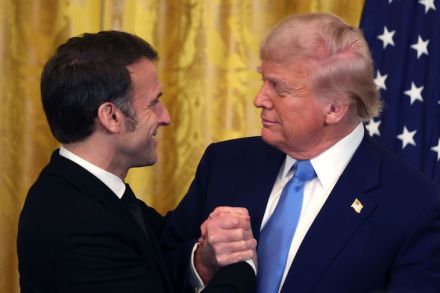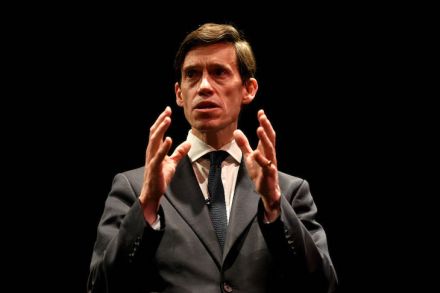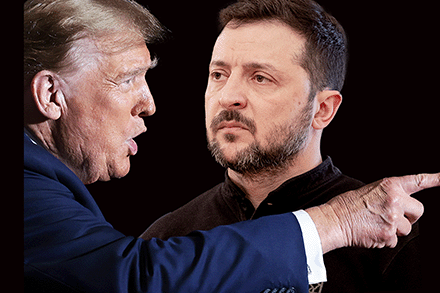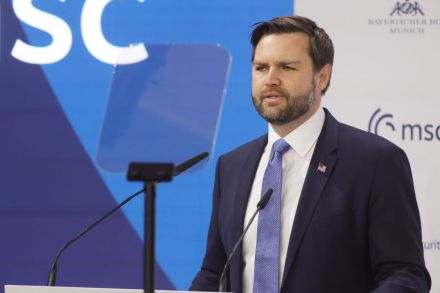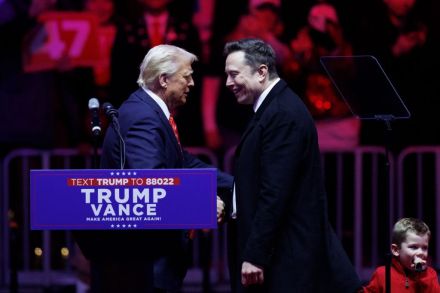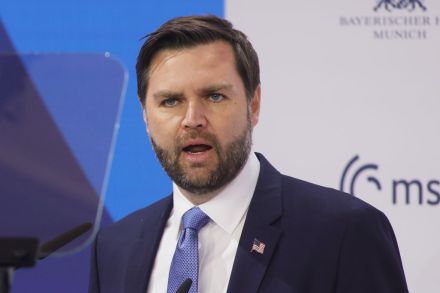How Starmer won over the Donald
14 min listen
Unbelievably, Keir Starmer arrives back from Washington today after a successful meeting with Donald Trump. In fact, it’s hard to see how it could have gone much better. Top of the list of victories: it looks like some headway was made in avoiding tariffs on the UK and, on Ukraine, the pair discussed the prime minister’s call for a security backstop for any deal. Starmer described that part of the talks as ‘productive’ and said that a ‘deal has to come first’. There will also be a second state visit for the President. The greatest victory however is winning personal and effusive praise from the President. The Spectator’s sister magazine







